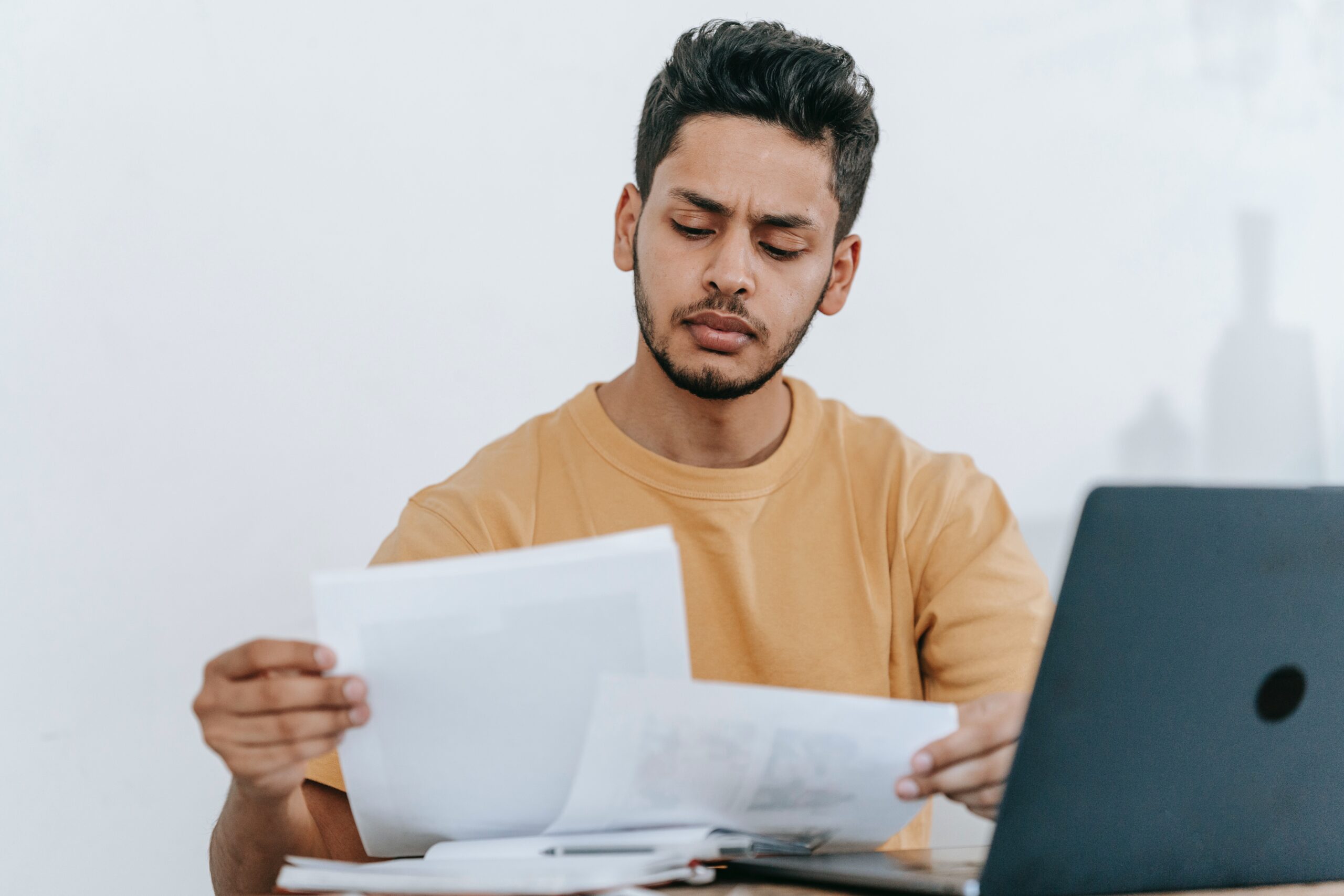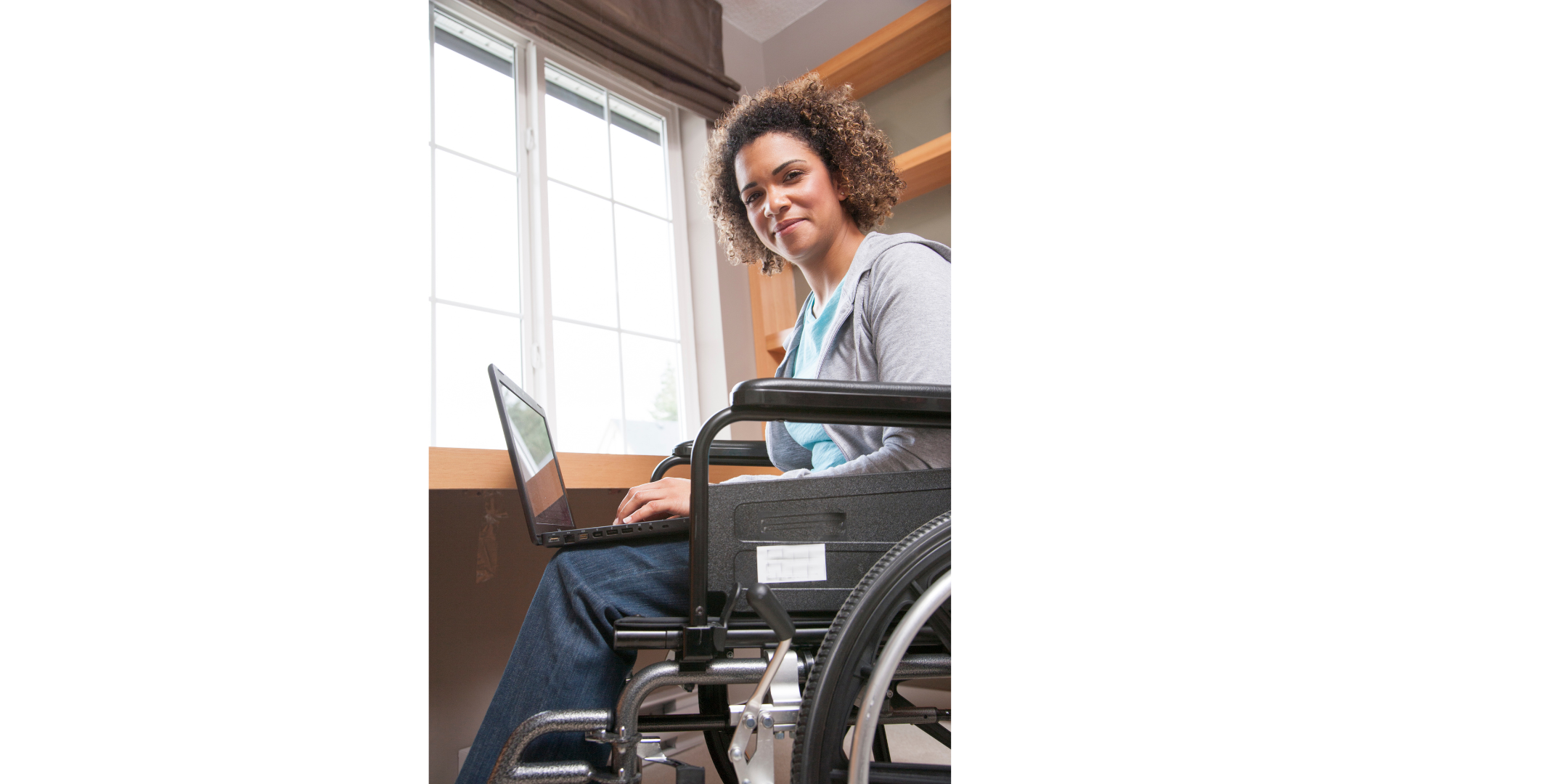What do I need to start volunteering?


You need to make sure you are free to volunteer and know if you might not be able to sometimes, like school holidays or at other times of the year.
Most places ask that you can volunteer for at least 6 months.
Organisations put in a lot of work to make sure that volunteers have the right training and correct information to start, and it can also take a little while to get used to the volunteer role.
It won’t matter if you are volunteering for something that only lasts a day or more, like a special event.
However, people will understand if you are also looking for a job, and might leave if you get one.

For most volunteering roles you will also have to do some kind of police check. This is free for volunteers.
Most places want to make sure everyone is safe, and they follow rules and policies.
If you have a criminal record, and feel OK to speak to the volunteer manager, you can discuss this with them. If the offence is something that won’t matter to your volunteering role, like a speeding fine – then they can make the decision about having you volunteer there.

Depending on the place and type of role, you might also need to do a Working with Children check or a NDIS check. The place you volunteer should have this on their advertisement to volunteer, on their website or they will let you know when you apply.

To do the checks you will need some kind of identification. You don’t need all of these. These are just some of the more common kinds of ID that is asked for:
- Birth Certificate
- Passport
- Driver’s licence
- Tertiary students’ card
- Australian citizenship certificate
- Centrelink or pension card
- Medicare Card
- Bank statement or utility bill in your name (just showing the bank and your name – NOT your account balance and other info)

Sometimes the ID will need to be verified by a Justice of the Peace (JP). These are usually found in your local library and it’s free. Just ask your local library when the JP is there. You need to show them the original document, not a photocopy.
OR you can sometimes get the ID verified at a local police station, by a Police Officer.
If you don’t have enough ID to get the check, you won’t be able to volunteer.
Everyone should have a birth certificate. You need to apply for one in the state or territory where you were born. Every state has a different cost. They are usually under $70.00 * (as of February 2023)
Each state has a different process for getting one. To find out how to apply for a birth certificate in South Australia click here

Every organisation is different, but we hope that when you first start your volunteering role that you have an orientation, which should include things like:
- Showing you how to do the volunteer role. This could be through training videos, being buddied up with a more experienced volunteer or helping you to learn the role by doing it over and over.
- You might also need to do online training for the role, depending on where you volunteer. If you think you might have trouble understanding or completing training, you can ask your volunteer manager for help or someone that you trust (if you are able to complete it online at home).
- Told information like where the bathrooms are, where the kitchen is and introduce you to other people you will be working with. These might be other volunteers and/or paid workers.
- Given information about how to be safe at work, including where to evacuate to if there is a fire or emergency. We have some Work Health Safety videos you can view here if you want to watch them. The organisation where you volunteer should also have insurance, just in case you get hurt while you are volunteering.
- Sign forms. You might be asked to sign forms like a Code of Conduct, which tells you what you can and can’t do when you are volunteering, and other policies. If you think you will have trouble understanding them, you can ask to take them home and get someone you trust to help you read and understand them.
- Information about who to contact and how – if you can’t volunteer. It’s important to let people know when you can’t volunteer.
- Who to speak to if you have any questions about your volunteering role or if you have a complaint.You should feel safe and comfortable once you’ve volunteered for a few shifts. Nearly everyone is nervous when they first start!
